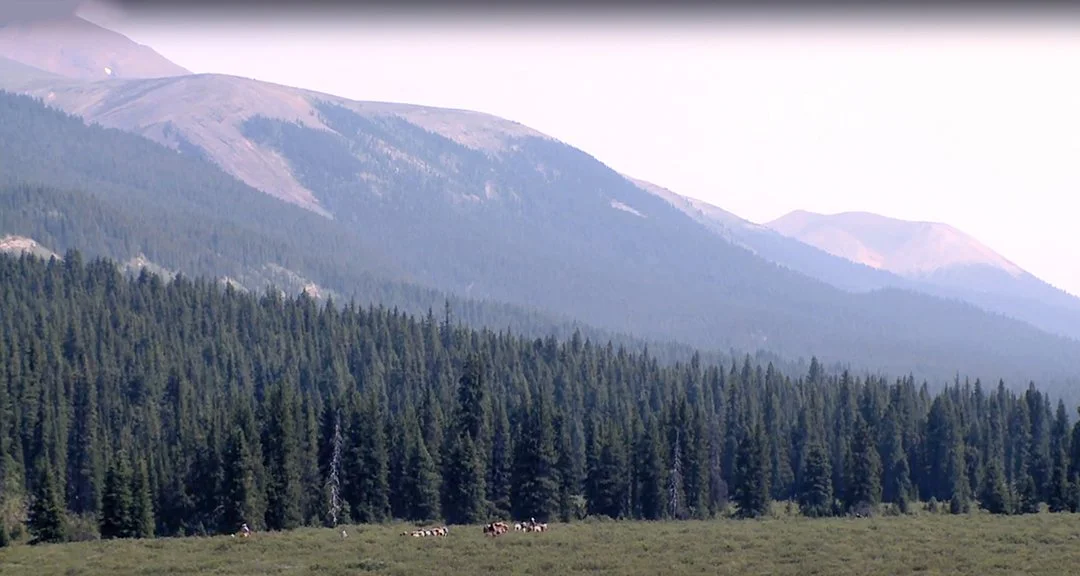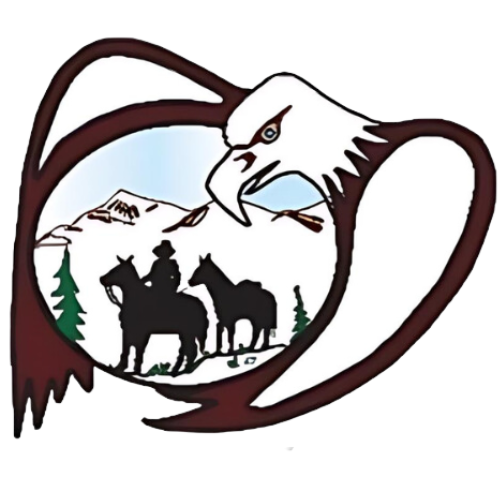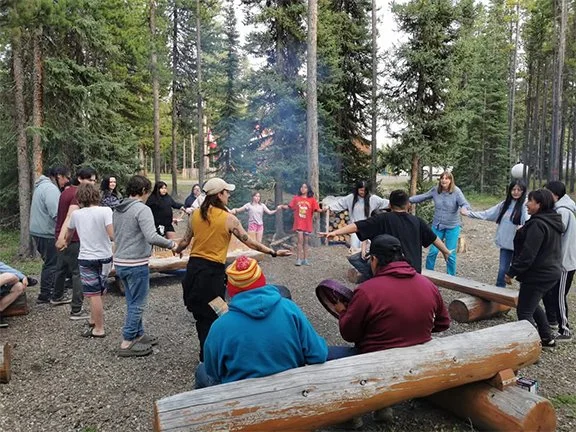The Mountain Métis community has a deep-rooted history in land management, encompassing practices such as trapping, guiding, and outfitting. With over 200 years of expertise in wildlife and wilderness management, the Mountain Métis have developed a unique relationship with the land.
As descendants of Iroquois and European fur traders, the Mountain Métis lineage traces back to early 18th-century interactions with the North West Company and Hudson’s Bay Company. This distinct identity emerged from the blending of Scottish and French heritage with the Iroquois, Beaver, Chippewa, and Sekani tribes.
The language of the Mountain Métis, known as ‘Néhiyawéwin’ (Cree), reflects this cultural amalgamation. Generations of fur trader families settled in the Athabasca Valley, where they homesteaded for over a century before the significant event known as the Jasper Exodus reshaped their community dynamics.








